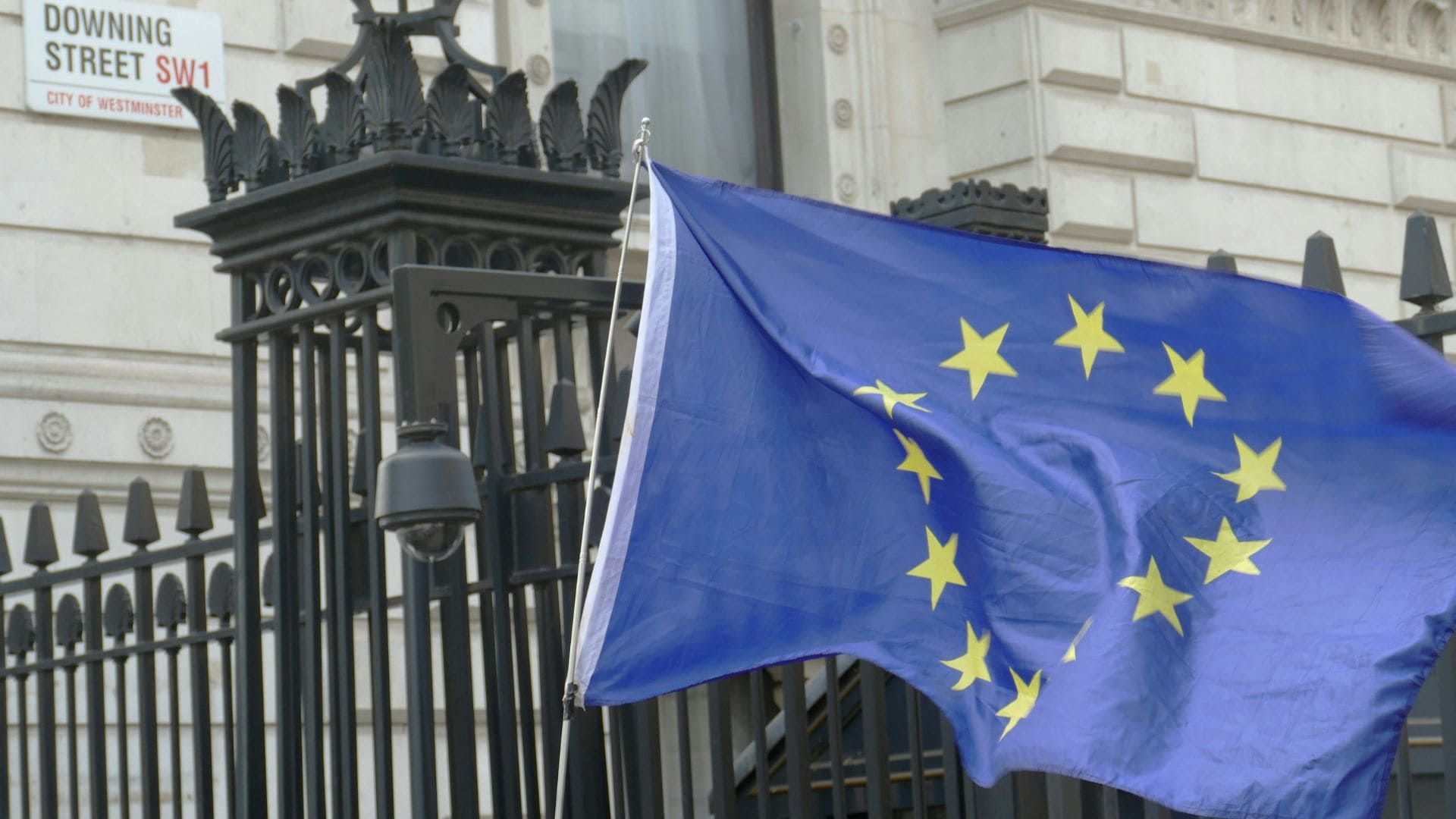Articles
Paying the price of a blocking order
Juni 2018
This month the Supreme Court has answered the question as to who should bear the costs of Internet Service Providers (ISPs) implementing website blocking orders in relation to trade mark infringements. Overturning the decisions of the lower courts, the Supreme Court decided that the cost of compliance with the blocking order should be paid by the trade mark owners and not the ISPs.
Background
In the case of Cartier International AG and others v British Telecommunications Plc and another [2018] UKSC 28. the trade mark owners identified 46,000 websites offering counterfeits and sought injunctions requiring the ISPs to block or attempt to block access to these specified websites. The injunction was granted by the High Court and the ISPs were ordered to pay the costs of implementing the website-blocking order. Whilst many injunctions have been granted against ISPs on the application of copyright-owners, this was the first time that a website blocking injunction was granted to protect a trade mark.
The main issue facing the Supreme Court was whether it was correct that the ISPs should have been required to bear the costs of implementing the website-blocking orders. It decided that the lower courts had got the issue wrong and that these costs of compliance should be paid by the trade mark owners.
ISPs as “Innocent Intermediaries”
The Supreme Court held that the role of the ISPs in this particular case was a to provide a passive, technical services with no editorial control and they were unlikely to know and had no duty to discover website content. The Supreme Court emphasised the ISPs were innocent intermediaries, themselves not guilty of trade mark infringement and as such it was not justifiable that they should pay the costs of complying with the blocking injunction. The trade mark owners should pick up these costs.
Responsibilities of Intermediaries
Although “innocent intermediaries” in this case, ISPs are not absolved of responsibility in all circumstances. In this instance, the ISPs were found to be “mere conduits” under Article 12 of the E-commerce Directive owing to their limited role in merely providing a communications network. However, different considerations may apply to intermediary internet services engaging in caching or hosting, as such activities involve greater participation in the infringement and are more likely to infringe national IP laws if a safe harbour immunity is unavailable. The immunity for hosting requires ISPs to take the same steps as soon as it becomes aware of any illegality or of facts from which it is apparent.
Should an intermediary breach such requirements to assist, they will lose such immunity, but whether that results in liability will depend on the provisions of national law.
What the future holds…
This judgment confirms that trade mark owners seeking to block access to websites selling infringing goods should be aware that any injunctions against ISPs will come at a cost. What will be interesting is whether the Courts will in future apply these changes to copyright cases. In the meantime, however, rights holders should approach with caution in seeking injunctions from any third-party internet services that can be considered “mere conduits”. The judgment appears to suggest that the result may be different in actions against other more active providers of internet services including web hosting, internet search engines, portals and internet payment systems. It is however indicated that more is required by such intermediaries rather than mere non-compliance with the conditions of immunity in the E-commerce Directive for such third parties to be liable for costs of a website-blocking injunction.
































